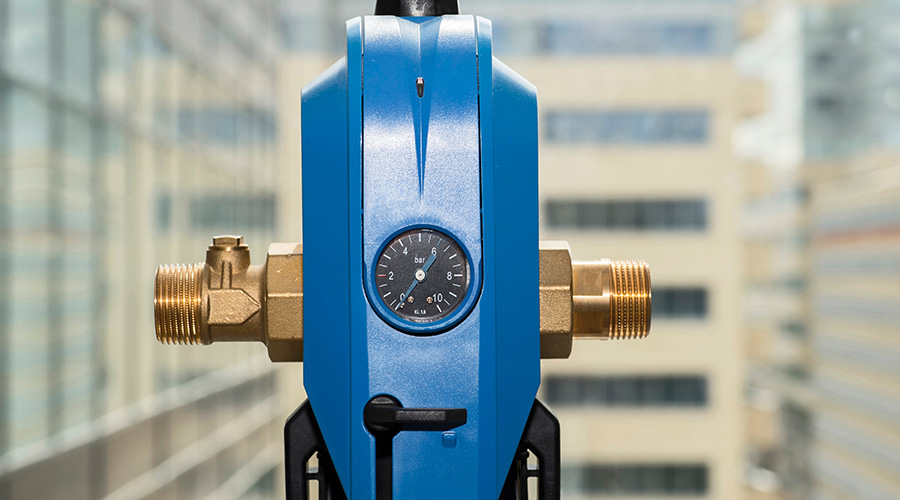Considering The Energy To Make a Product in a Life-Cycle Assessment
March 16, 2011
Today's tip is about how to consider the energy required to make a product - otherwise known as its embodied energy - in an environmental life-cycle assessment.
These days, facility managers are considering more than just how products perform after they’re installed in their buildings. To accurately calculate the Scope 3 emissions - or indirect emissions in the sort of miscellaneous category - facility managers need to know the embodied energy of the products they put in their buildings.
The most systematic way to do that is by conducting an environmental life-cycle assessment for all products that are installed in a building. This means looking at every phase of a product - from how it is manufactured, to its useful life in the facility, to what happens to the product when it’s useful life is over.
Embodied energy is a key tenet of this environmental life-cycle assessment. Embodied energy is the energy required from a product's raw material extraction, through its manufacturing process, to its delivery and installation in a building. Products in the same class with lower embodied energy signify that those manufacturers have themselves committed to being energy efficient in their processes, thus reducing the product’s footprint on the environment. Often times, building products with lower embodied energies are also less expensive, because the manufacturer's energy waste isn’t being tacked on to the price of the product. So it's a win-win: A similar quality product that required less energy to produce and at a lesser cost.
An important caveat, however, is that facility managers must examine all aspects of a product’s life cycle and weigh the different pwerformance criteria against each other. It’d be hard to argue that a product with a low embodied energy that only lasts for five years and must be replaced is more environmentally responsible than one with a bit higher embodied energy that lasts for 50.
Next
Read next on FacilitiesNet







